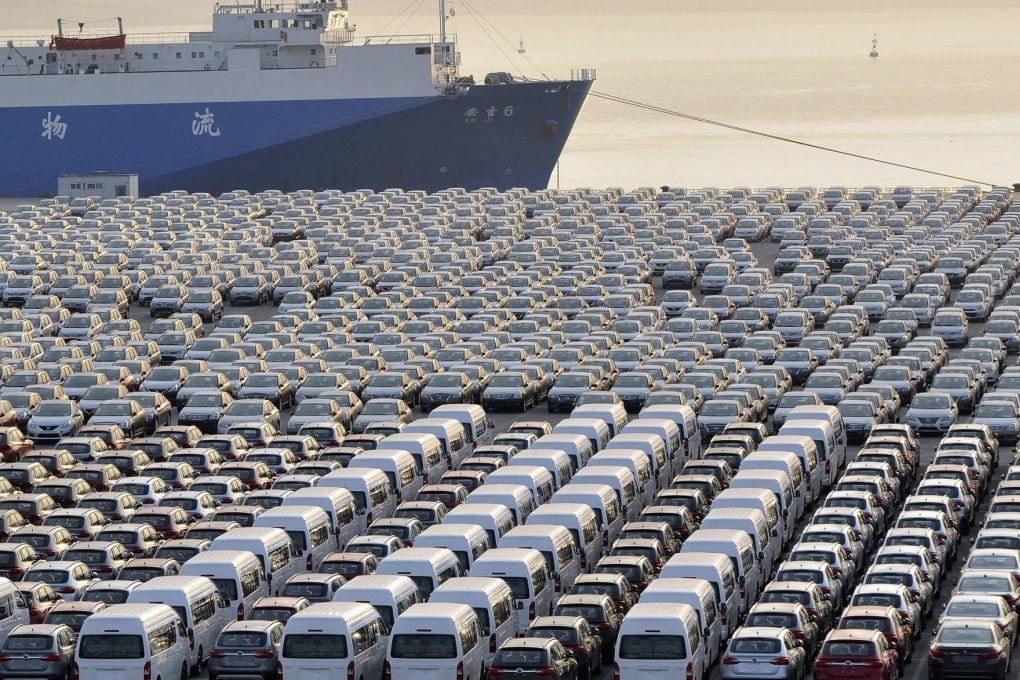China carmakers struggle to succeed
Four years ago, a small Chinese carmaker had such big ambitions it broke ground on a US$1 billion plant to make more cars than Ford Motor. Then reality set in and Jilin Tongtian Automobile's factory site is now a pile of rubble.

Four years ago, a small Chinese carmaker had such big ambitions it broke ground on a US$1 billion plant to make more cars than Ford Motor. Then reality set in and Jilin Tongtian Automobile's factory site is now a pile of rubble.
Tongtian has stopped producing cars after struggling to compete. Near the site, in a province bordering North Korea, dust-covered metal cabinets are among the few traces the firm ever existed. It kept its car-maker licence, though, which are limited and therefore valuable in the world's biggest vehicle market.
With the Beijing car show set to begin next week, China is facing a reality check: six decades after setting out to create its own industry, the policies have failed to spawn a single brand able to compete globally. Instead, it has been plagued by overcapacity, easy money and dominance by foreign carmakers. Now the government is working to revise that approach, including reclaiming licences from weak players like Tongtian.
A lot of what the local automakers make is rubbish. They are more or less zombies
"A lot of what the local automakers make is rubbish," said Jochen Siebert, managing director of Shanghai-based JSC Automotive Consulting. "They are more or less zombies and there's no way for them to compete with the big boys."
China, which last year became the first country to see annual motor-vehicle sales of more than 20 million units, is betting that fewer carmakers will translate to better cars and stronger companies, just as the US car industry experienced at the turn of the 20th century, when hundreds of manufacturers sprouted and then collapsed until General Motors, Ford Motor and Chrysler emerged as the dominant trio.
The number of Chinese carmakers has ballooned through the years as the government promoted the industry as a pillar of the economy that would bring in investments and create skilled jobs. Municipal governments compete with each other to attract carmakers by dangling tax holidays, land and financing.
The result: there are about 70 major carmakers in China producing passenger vehicles, buses and trucks, according to the China Association of Automobile Manufacturers (CAAM). And that number doesn't even include manufacturers of low-speed vehicles used mainly in the country's rural areas.
